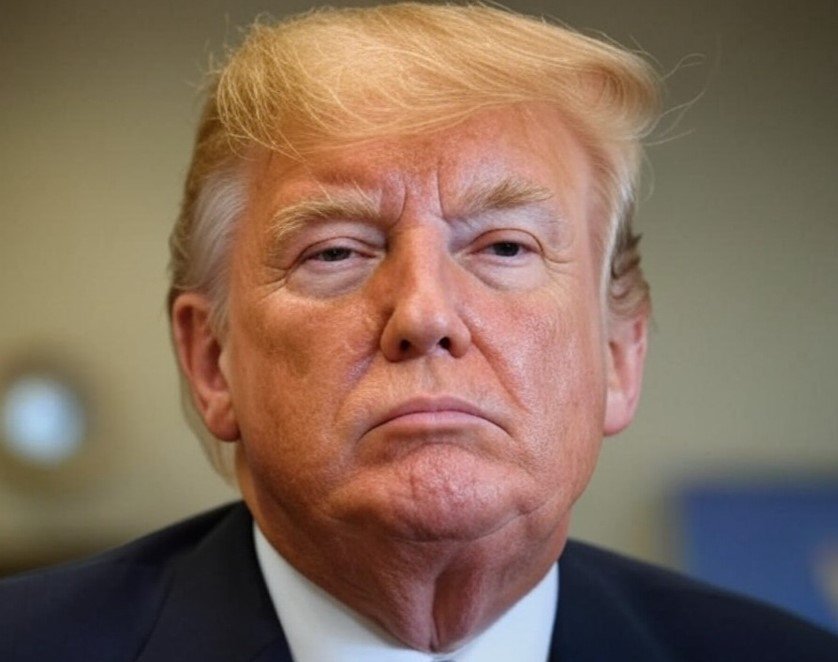Trump Signals Interest in Third Term, Sparking Constitutional Debate
President Donald Trump has reignited debate over presidential term limits by indicating he is considering options to serve a third term beyond his current tenure, which is constitutionally set to end in early 2029.
In a Sunday phone interview with NBC News, the president said he was “not joking” about seeking a third term, offering his clearest suggestion yet that he is exploring legal or political strategies to extend his leadership. Trump, who would be 82 by the end of a second term, added that it was still “far too early” to consider the matter in detail.
A Constitutionally Imposed Barrier
The 22nd Amendment to the U.S. Constitution, ratified in 1951, explicitly limits presidents to two elected terms. Introduced in the aftermath of Franklin D. Roosevelt’s four-term presidency, the amendment was designed to ensure regular transitions of power in a democratic system.
Pressed during the interview on how a third term might be pursued, Trump alluded to the possibility of Vice President JD Vance running for office and subsequently “passing the baton” back to him — a suggestion he confirmed as just one of several ideas under consideration. However, when asked to elaborate further, Trump declined to offer specifics.
Legal scholars swiftly responded. Derek Muller, an election law professor at the University of Notre Dame, pointed out that the 12th Amendment bars anyone constitutionally ineligible to serve as president from holding the vice presidency. That interpretation would seemingly rule out Trump assuming the office via succession.
Political Theatre or Genuine Strategy?
While constitutional and legal barriers appear formidable, analysts say Trump’s comments could be aimed more at energizing his base and projecting political dominance than outlining a realistic path to a third term.
“Lame-duck presidents often seek to maintain influence by signaling continued relevance,” said Muller, suggesting Trump’s remarks may be strategic rather than literal.
Still, Trump has consistently defied political convention. Even before this latest comment, he had occasionally joked about extending his time in office, usually in settings filled with supporters.
Poll Numbers and Popularity Claims
Trump has framed his potential appeal for a third term as a response to public demand, citing what he described as record-breaking approval ratings among Republicans. However, Gallup polling data shows that Trump’s highest approval rating during his presidency remains at 47%, well below historic highs for other presidents such as George W. Bush or his father George H.W. Bush during national crises.
Trump’s assertion that he is polling “in the high 70s” lacks support in publicly available data.
Institutional Silence and Broader Implications
Following the interview, major congressional leaders — including House Speaker Mike Johnson and Senate Majority Leader John Thune — did not immediately issue statements. Vice President Vance’s office also declined to comment on the idea of him facilitating a third term for the president.
The suggestion, however speculative, has stirred a new round of scrutiny over the boundaries of presidential power and the resilience of constitutional norms in the current political climate.
As Trump prepares for the remainder of his term, his remarks hint at a political playbook that keeps both allies and opponents guessing — and the country closely watching.
Also see:
Trump Announces “Reciprocal Tariff” Plan, Targets India and Other Nations
Tesla Signs Mumbai Showroom Lease, Marks Entry into Indian Market
EU Unveils €800 Billion Plan to Strengthen Defence
—————————————————————
It would mean the world to us if you follow us on Twitter, Instagram and Facebook




